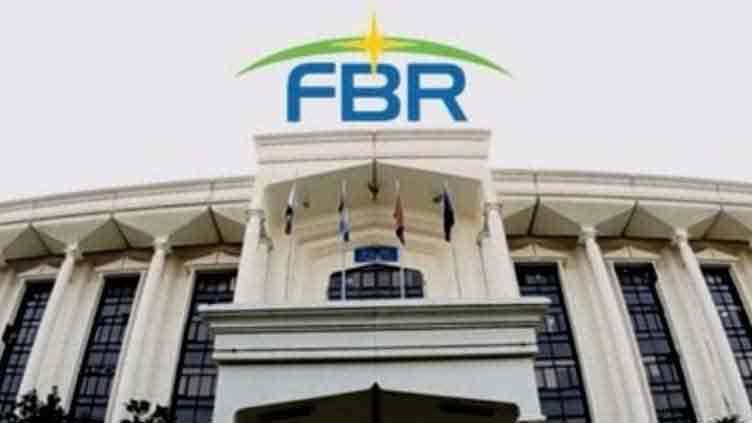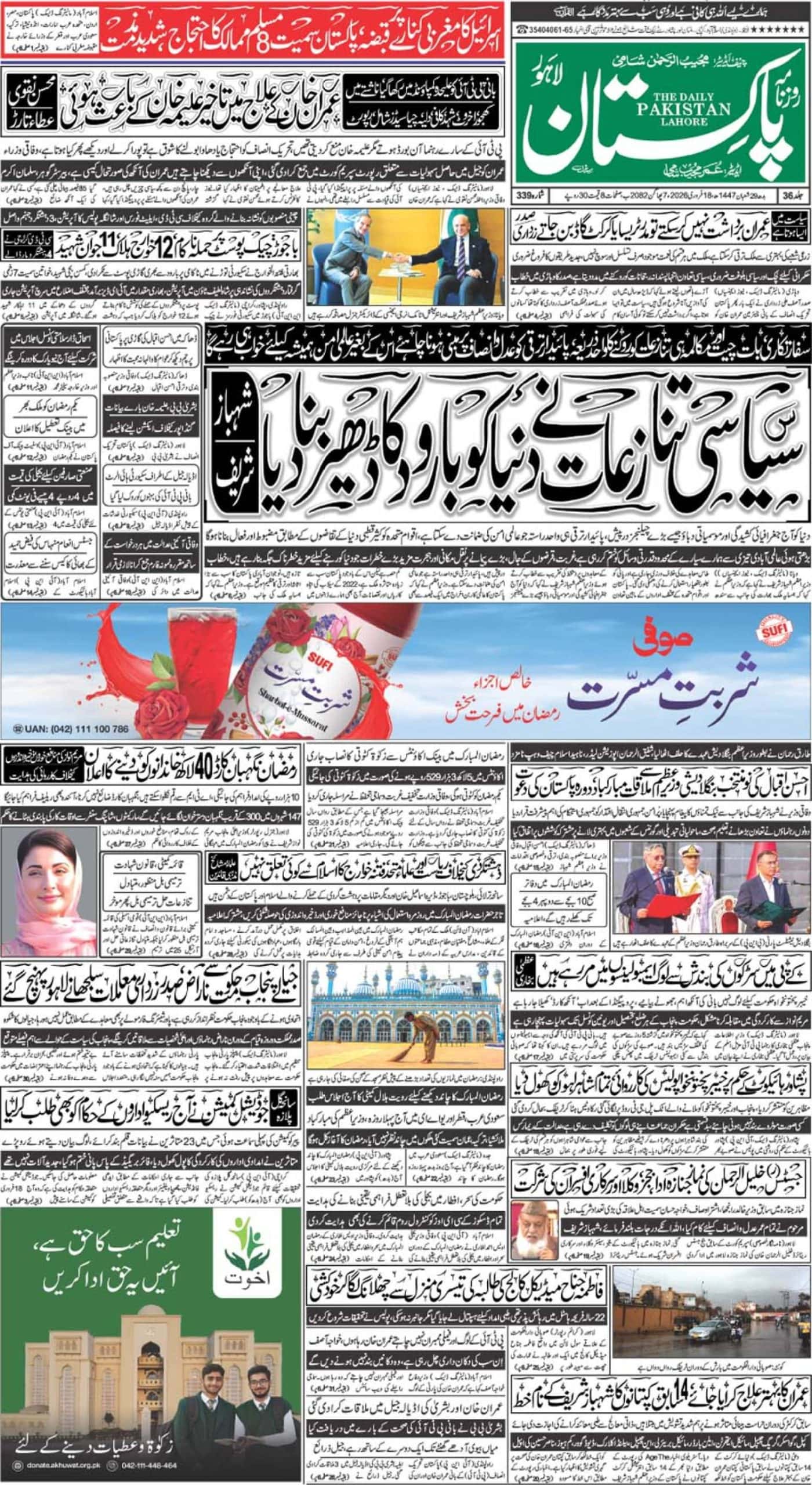ISLAMABAD – The Federal Board of Revenue (FBR) has introduced a regulatory framework to streamline arrests in tax fraud cases, in order to prevent misuse of such powers.
This move comes in the wake of the nationwide traders’ strike on July 19 against sections 37A and B of the Sales Tax Act and failed negotiations with Prime Minister’s advisor Haroon Akhtar. The protest stemmed from concerns over arbitrary arrests and harassment by tax authorities.
In response, top business leaders met with Chief of Army Staff Field Marshal Syed Asim Munir, who assured them that no obstacles would be placed in the way of legitimate business activities.
Sales Tax Circular No. 02 outlines a structured procedure under the FBR for inquiry, investigation, and arrests in tax fraud cases. The framework mandates approval at various levels and provides clear definitions of punishable offences to limit the discretionary powers of officers.
According to the circular, an Inland Revenue officer can only initiate an inquiry with written approval from the Commissioner, and such approval must be based on solid evidence indicating tax fraud or any punishable offence.
Once the inquiry is completed (and the accused has been given an opportunity to respond), a detailed report will be submitted to the Commissioner, who will decide whether to close the case or allow formal investigation.
If investigation is approved, it must be completed within three months, and the findings are to be submitted to the Special Judge.
Under sub-section (8) of Section 37A, an arrest warrant will only be issued when a three-member FBR committee (nominated by the Chairman) reviews and approves the case. This procedure applies only to cases involving alleged tax fraud exceeding Rs50 million.
To prevent misuse, FBR has clearly defined tax fraud, including the creation or use of fake, false, or fictitious documents (such as returns, statements, annexures, and invoices).
Issuing invoices without actual supply, destruction of evidence or records, and manipulation of the tax system through fictitious inputs or fake entries have also been declared offences.
The framework also covers the misuse of Section 73, particularly in schemes where payments are routed back to the taxpayer via supplier accounts or linked entities. All cases involving tax fraud over Rs. 50 million will fall under this strict enforcement regime.
Certain conditions have also been outlined for arrests, such as risk of destruction of evidence, absconding, or non-cooperation despite three notices.
Furthermore, the Commissioner has the authority to compound the case and protect the accused from legal action if the due tax, default surcharge, and penalties are paid.













